CSR Exchanges between Industries, Academia, and Research
2022-12-12GoldenBee责任编辑0
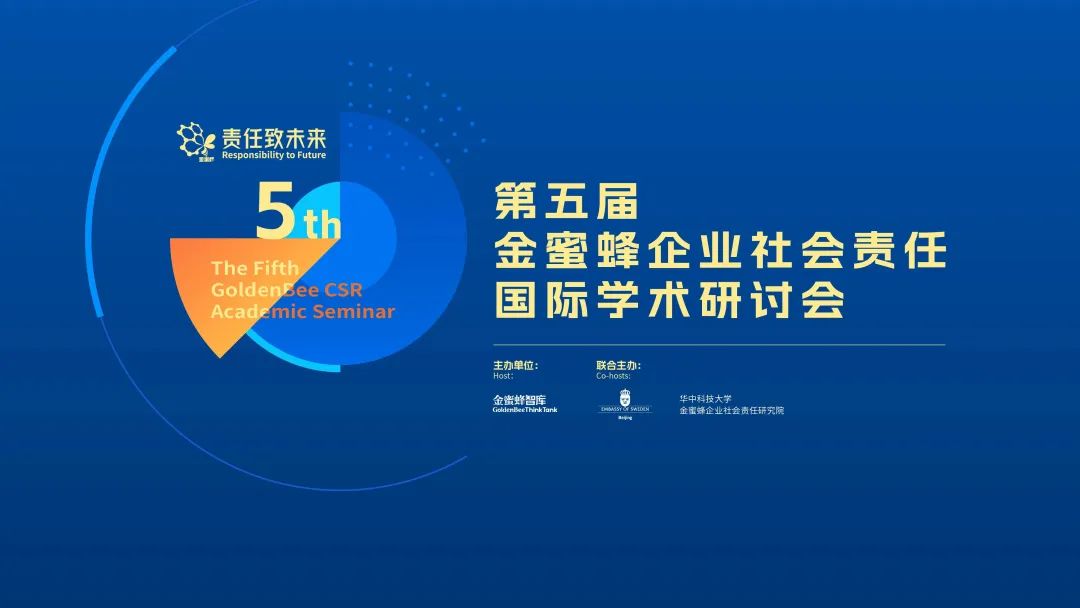
The Fifth GoldenBee CSR Academic Seminar was successfully held online on December 1, once again building a professional platform of industry-university-research communication to promote exchanges between academia and enterprises on sustainable development and corporate social responsibility (CSR).
Focusing on the CSR development, CSR theoretical research, and corporate practice, as well as CSR hot topics and trends in China and the world in recent years, participants analyzed, summarized, and envisioned research on social responsibility, CSR education methods, and innovative CSR practice. The launching ceremony of Pushing Forward ESG for Chinese Enterprises book series was also held.
The seminar was hosted by GoldenBee Thinktank, and co-hosted by the CSR Centre of the Embassy of Sweden in Beijing and HUST-GoldenBee CSR Research Institute. The live streaming on multiple platforms hit over 120,000 views on the event day.
Opening Remarks
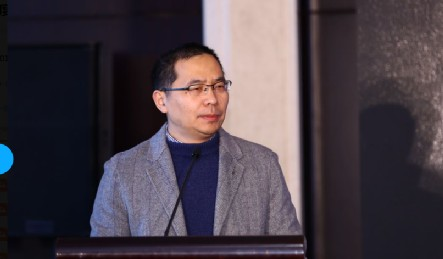
The Year 2022 marks the successful convening of the 20th CPC National Congress and the beginning of China’s new journey to build a modern socialist country in all respects and advance toward the Second Centenary Goal.
Liu Chengbin, Executive Dean of HUST-GoldenBee CSR Research Institute, Associate Dean of Department of Sociology, Huazhong University of Science and Technology (HUST), shared that the report of the 20th CPC National Congress put forward “to advance the rejuvenation of the Chinese nation on all fronts through a Chinese path to modernization”. In the construction of the Chinese path to modernization, academic and business each plays an irreplaceable role. The exchanges and dialogues between industries, academia, and research institutes will produce greater synergy for the construction. The seminar will become a professional carrier to promote the spread of CSR theories and help the construction and development of the Chinese path to modernization.

In the opening remarks, Linn Engvall, Head of CSR Centre, Embassy of Sweden in Beijing, shared the key role of the academic and research communities in the sustainable development of Swedish society.
She said that over the years, environmental and social issues have become the focus of Swedish business development, and introduced Swedish sustainable development through carbon neutrality, environment-friendly packaging materials, the integration of sustainable development into the curriculum of higher education institutions, and other aspects.
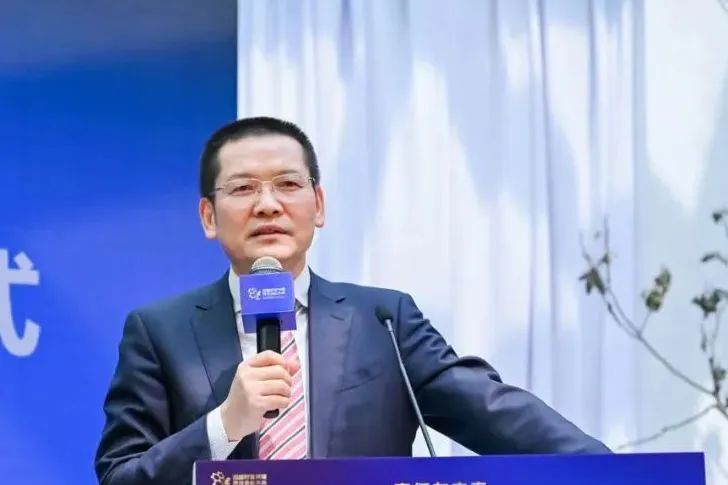
Yin Gefei, Chief Expert of GoldenBee Thinktank, said that the continuous COVID-19 did not affect CSR development. He briefly introduced the progress in CSR management, research, and promotion in the past three years. First, from 2020 to 2022, GoldenBee successfully completed the research project “The Way of Social Responsibility Management of Central SOEs” of the Social Responsibility Bureau of the State-owned Assets Supervision and Administration Commission of the State Council (SASAC). Second, GB39604 Social Responsibility Management System - Requirements with Guidance for Use, the national standard for the social responsibility management system jointly developed by GoldenBee, was issued by the Standardization Administration of the People's Republic of China (SAC) and the State Administration of Market Regulation on October 14, 2020. Last, he introduced that “The Way of ESG management of Chinese enterprises” project is planned to launch this year with an invitation for more academia, experts, and enterprises to participate.
Global Prospects
In the keynote speeches, two scholars from China shared the characteristics and trends of CSR research and education in different contexts with the theme of global CSR research and education prospects.
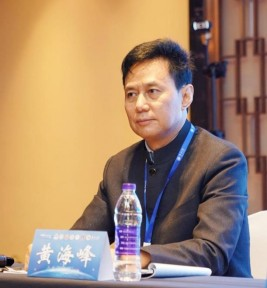
Huang Haifeng, Global Member of PRME Principles for Responsible Management Education United Nations Global Compact, Co-chairman of the Ecological Development Union International, and the first Chairman of the PRME China Academic Committee, made the speech with the theme of “Responsible Management Education Promotes CSR”. Based on the international background of responsible management education, he focused on its six principles and China’s transition to an inclusive and green economy in the future. He said that the development of Chinese enterprises is going through a long process in the production mode transition from the past high pollution, high emissions, and high consumption to the gradual reduction of pollution. In this new process, corporate responsibility can support corporate sustainable development in the future as an important lifeblood of corporate culture. More and more enterprises are joining the current of business for good which is the only way to make enterprise everlasting.
Academia’s study on CSR is inseparable from CSR practice cases. At present, many universities have set up industrial and commercial research case centers to study enterprise cases.
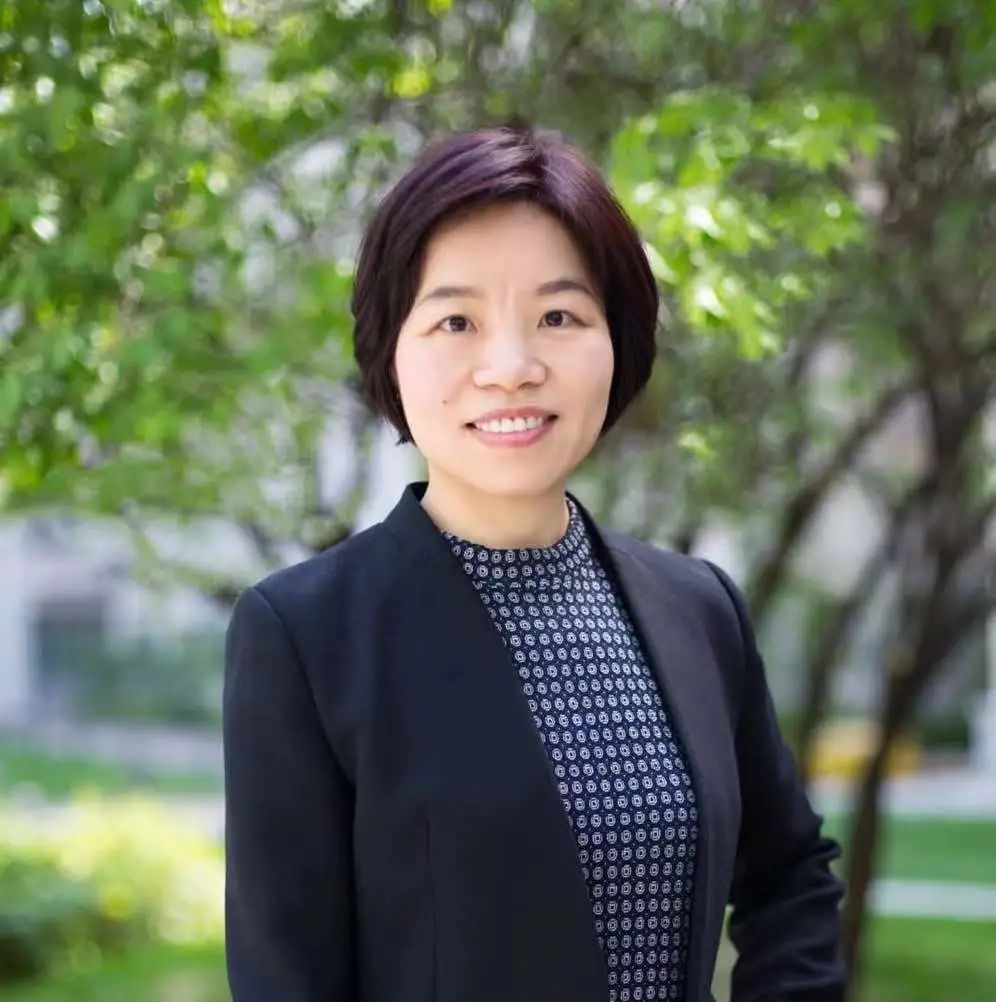
Duan Zhirong, Researcher of China Business Case Center, Tinghua University, with the theme of “CSR Case Development and Its Application in Teaching in China”, introduced CSR case social attributes, application value in the curriculum, and the diversity and interdisciplinary application of the development trend of future CSR cases. She said that CSR was originally an external responsibility of enterprises, not a core one. But now cases are centered around enterprises and have gradually become the core issue of decision-making, with a close combination with current events. Summarization of cases will enlighten other peers, broader business circles, and society.
Perspectives from the Academia
Under the guidance of “New Era, New Chapter”, the development of the Chinese path to modernization is based on the modernization of other countries and on China’s national conditions and Chinese characteristics.
During this panel, the participants discussed what role enterprises can play in the promotion of the Chinese path to modernization in the future, as well as what practical paths and specific development methods.
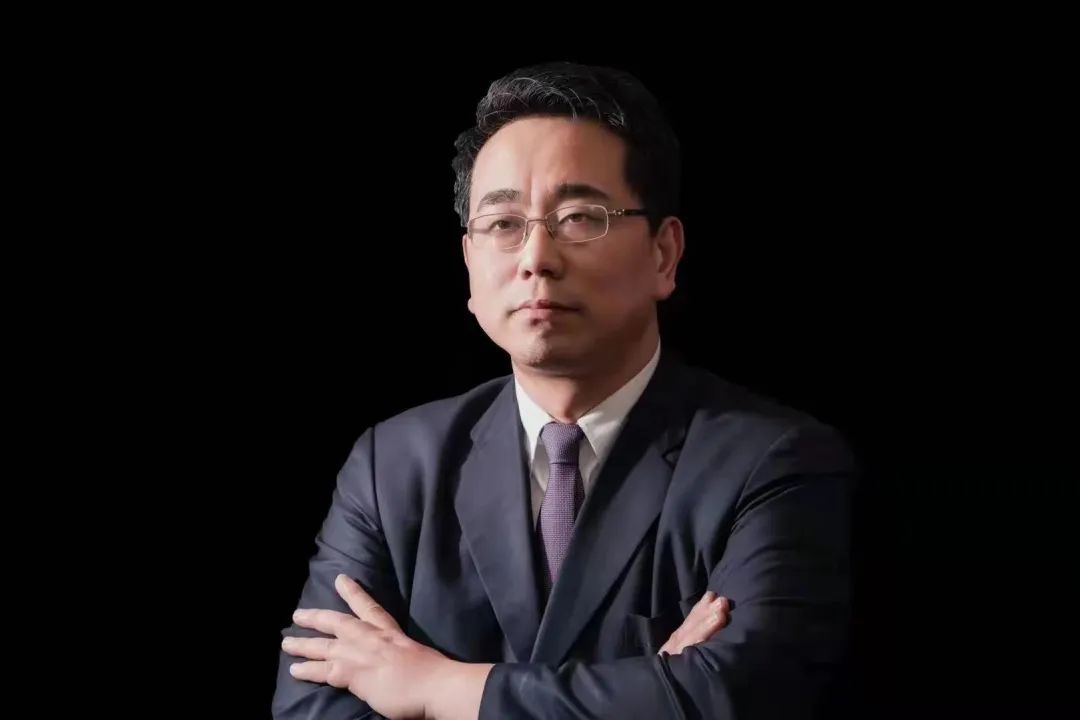
Chen Jin, Professor of School of Economics and Management and Director of Research Center of Technological Innovation at Tsinghua University, interpreted the underlying logic and innovation direction of CSR from the perspective of common prosperity. He talked from the historical tradition and ideological basis of common prosperity to the CSR social basis and the development goal of common prosperity, especially the concept of benefit corporation and the historical development direction of enterprises in scientific and technological innovation.
Chen Jin believes that enterprises need to strengthen innovation in their development and take innovation and creation as the content of social responsibility to let all people participate in innovation and share related experiences and achievements.
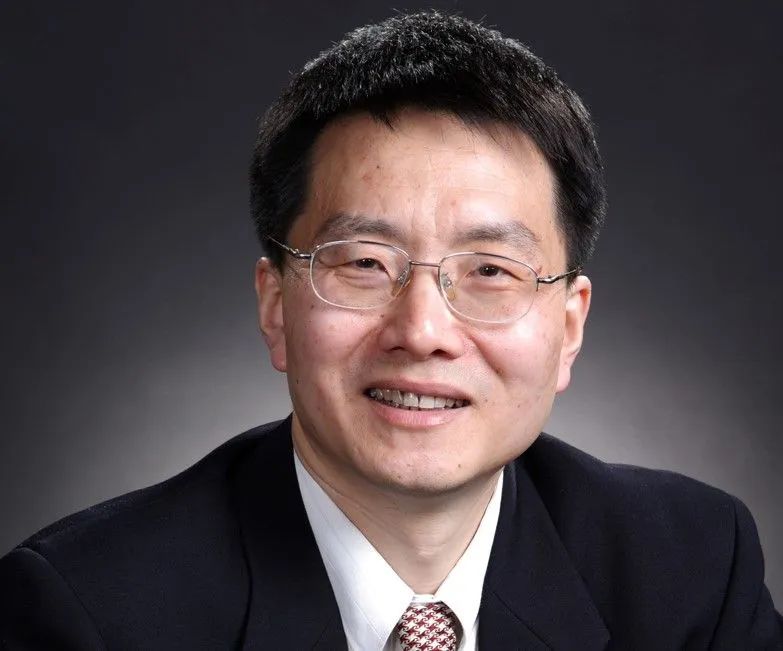
Lei Ming, Professor of Guanghua School of Management and Dean of Institute on Rural Vitalization at Peking University, talked about the necessity of ecological village construction and the way of enterprise participation from the background of the Chinese path to modernization and made a call for the whole society.
He said that because the Chinese path to modernization involves vast rural areas and hundreds of millions of people, ecological villages are in need. The construction of ecological villages requires to be promoted and analyzed from the perspective of ESG and corporate participation will also bring new ideas and models. Entrepreneurs can more participate in the construction through ESG impact investing and responsible investing to promote Chinese modernization.
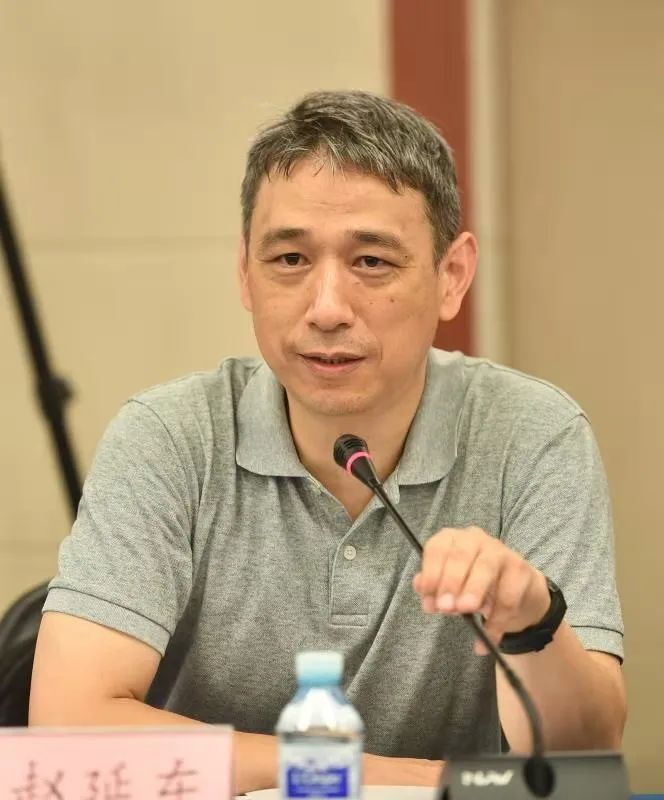
Zhao Yandong, Professor in School of Sociology and Population Studies and Chief Expert of School of Social Construction Studies, Renmin University of China, took the theme of “Ethics and Social responsibility of Technology Innovation”. Combining the responsible research and innovation system with survey data, he talked that now the public is more willing to participate in technology innovation and ethical responsibility dialogues but data and channels are not smooth enough. From perspectives including that, he stated current problems in strengthening the ethics construction of technology innovation, especially the lack of talents in ethics education.
Zhao Yandong finally proposed that technology should be for good and be used to improve the ethics construction of technology innovation for enterprises and society. He suggested that the ethics and social responsibility of innovation should be combined with CSR to better ensure corporate innovative development.
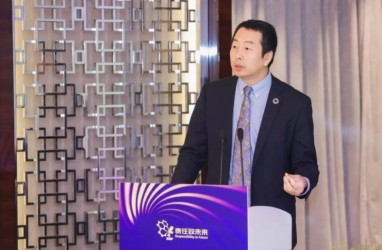
Cao Xuanwei, Director of Centre for Responsible and Sustainable Business Education in International Business School at Suzhou, Xi’an Jiaotong-Liverpool University (XJTLU); Convener of PRME Sustainable Education Management Roundtable Conference in China, shared and introduced the features and insights of the long-term vision for the EU’s rural areas up to 2040. He started from the vision to analyze current challenges in the EU’s rural areas and policy objectives, systems, etc. He believes that this vision puts people at the center of the work with objectives of building rural towns as vibrant hubs for commercial and social activity, reducing regional income disparities, improving access to public services, and making digital and green transitions.
Perspectives from Business Community
While academia provides important theoretical support for CSR, enterprises are actively practicing and constantly improving theories, and forming distinctive social responsibility management models and specific paths.
This panel systematically reviewed and summarized the management characteristics and experiences of enterprises that are leading the way in CSR, providing reference for more enterprises to promote CSR management through vision-investment-driven, original-aspiration-driven, and public-communication-driven dimensions.
China Communications Construction: Vision-investment-driven Social Responsible Management
Jiang Xiaojiang, Deputy Director of Corporate Culture Department, China Communications Construction Company Limited (CCCC), introduced the origin, essence, and corporate practice of the vision-investment-driven social responsible management of the Group.
She said that with the vision of “make the world more smooth, make the city more livable, and make the life more colorful”, CCCC works to accelerate the construction of a transportation power and strives to be a pioneer of China’s modernization. Meanwhile, social responsibility has been fully integrated into Group’s strategies, management, and market operation, gradually forming a vision-investment-driven social responsibility management model with distinctive characteristics. Next, CCCC will focus on integrating social responsibility management and practice into the “CCCC Makes Dream Come True” campaign at home and abroad to strive to build the “CCCC Makes Dream Come True” responsibility brand.
China Three Gorges Corporation: Original-aspiration-driven Social Responsible Management
Wu Dong, CSR Division Director, China Three Gorges Corporation (CTG), shared how the Corporation has built original-aspiration-driven social responsible management from six perspectives.
He said that as the world’s largest hydropower development and operation enterprise as well as China’s largest clean energy group, CTG adheres to the concept of sustainable development, maintains strategic focus, works with all parties, builds mechanisms and guarantees, and persists in transparent communication. CTG is committed to becoming a world-class clean energy group and a leading domestic enterprise in ecological and environmental protection.
China National Nuclear Power Co., Ltd.: Public-communication-driven Social Responsibility Management
With the theme of “Making Good Use of Nuclear Power to Empower a Better Life”, Luo Luhong, Business Manager of the Party and Mass Work Department of China National Nuclear Power Co., Ltd (CNNP), introduced that CNNP is based on the national carbon peak and neutrality goals to adhere to safe and innovative development, and meets the people’s needs for a better life through nuclear power generation, nuclear heating, nuclear steam supply, medical isotope production, etc. It continuously carries out practices of public communication such as biodiversity conservation, science popularization for the brand activity “Appealing Light”, and the cartoon image creation of the “Colourful CNNP”. He also systematically described the upgrading and expansion of its 3C (Coordinated governance, Coexistence, and Common Prosperity) communication mode, which was unanimously praised by the participants for reflecting China’s strength, demonstrating Chinese characteristics, and providing Chinese solutions.
Book Series Launched
During the forum, the launch ceremony of Pushing Forward ESG for Chinese Enterprises book series was held. Since this year, the mainstreaming process of ESG in China has accelerated, with all kinds of ESG-related standards, research reports, ESG summits, forums, and seminars heating up the ESG development. ESG competitiveness is becoming an important connotation of a new round of competition and cooperation in the global economy and is an important path to achieving global sustainable development. In this context, GoldenBee launched the research and book series project of Pushing Forward ESG for Chinese Enterprise, hoping to summarize ESG management models of Chinese enterprises, highlight the soft power of enterprises in ESG, and spread corporate images of ESG models. The specific steps of research and publication include basic research, investigation and interview, report writing, expert discussion, book publishing, and achievement release and promotion. A sincere invitation was sent out to people from all walks of life to participate in and contribute to the construction of Chinese management ESG.
This seminar has built a good and efficient communication platform between experts, scholars, and enterprise representatives, which is also scientific and cutting-edge, practical and specific, comprehensive and diversified. It is of great significance to further improve CSR management systems and promote corporate sustainable development.

Scan the QR Code to relive the seminar
Best Practices
- The 100-year brand — Air Liquide also has a sense of juvenile
- Beijing Public Transportation Corporation: Developing green transportation to build a harmonious and livable capital
- CGN: Building a modern factory in barren deserts and developing a new win-win cooperation model along “Belt and Road”
Upcoming Event

All the materials on the site “Source: XXX (not from this site)” have been reprinted from other media. They do not imply the agreement by the site.
All the materials with “Source: CSR-China Website” are the copyright of CSR-China Website. None of them may be used in any form or by any means without permission from CSR-China Website.
GoldenBee Official WeChat
Copyright © Csr-china.net All Right Reserved.
京ICP备19010813号










